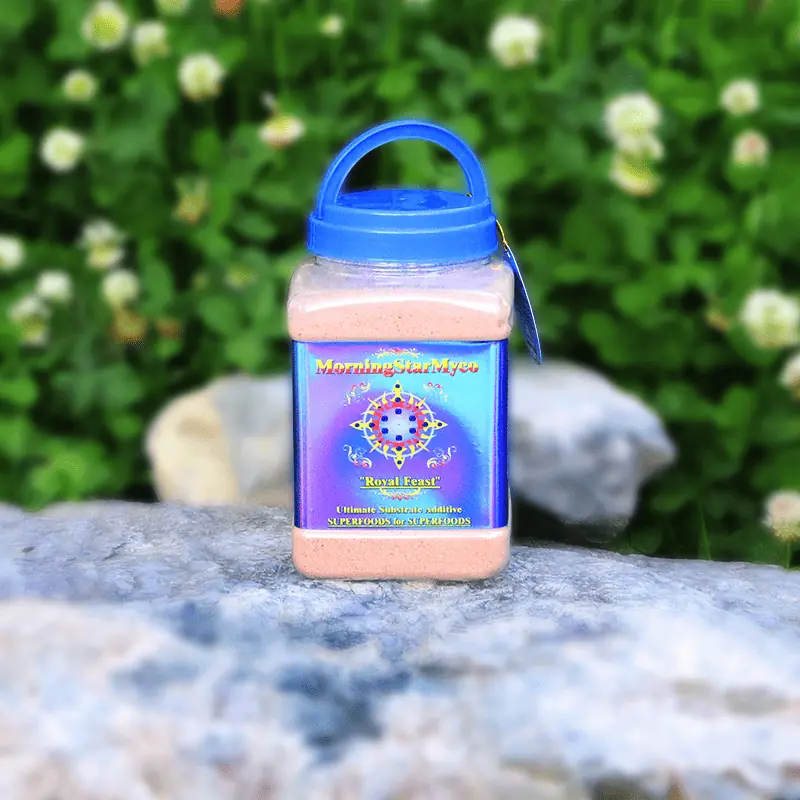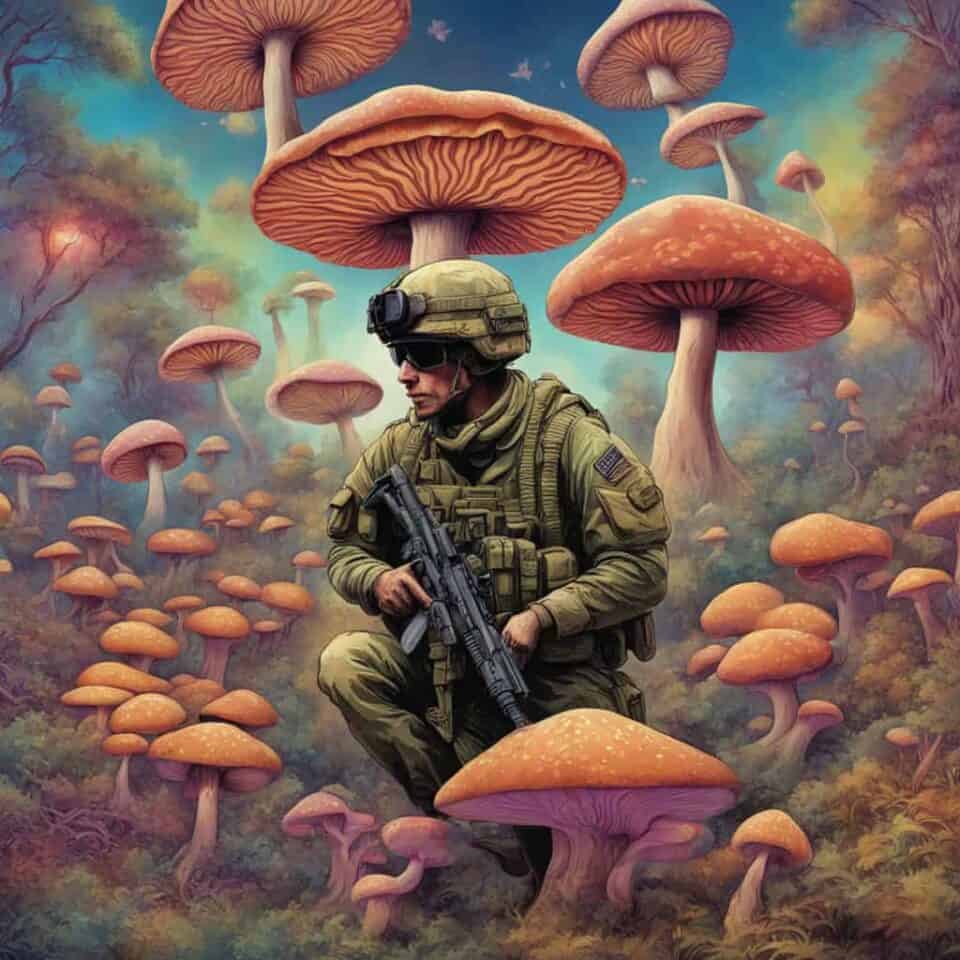
Want access to discounts? Join our newsletter for exclusive discounts and be the first to know when new products hit the store!

The Hidden Battles
In today’s rapidly changing world, where society is increasingly open to previously taboo subjects, one topic seeing a significant shift is the use of psychedelics for therapeutic purposes. This is especially pertinent in the context of our military, where the mental health challenges of service members are both pressing and profound. In the wake of recent global conflicts, increased deployments, and the ongoing challenges of reintegration into civilian life, many are asking: Could psychedelics offer a solution for our heroes?
The 21st century has witnessed a resurgence in psychedelic research, with institutions like Johns Hopkins University and Imperial College London delving into the therapeutic potentials of substances once sidelined. As society becomes more receptive to mental health discussions, the stigma surrounding both mental health disorders and unconventional treatments is slowly diminishing.
Revisit Lieutenant James, but imagine him in a world where psychedelic therapies are closer to mainstream acceptance. After hearing about a veteran-focused program incorporating psilocybin-assisted therapy on a popular podcast, James feels a spark of hope.
He enrolls in a sanctioned program, where he’s paired with experienced therapists trained in guiding patients through psychedelic experiences. Over several sessions, he encounters deep-seated memories, engages with them in transformative ways, and starts the genuine healing process.
The combination of the therapeutic setting, the trained professionals, and the psilocybin itself enables James to confront his traumas head-on. As months go by, his family notices the change – a resurgence of the man they once knew.
Today, the conversation around psychedelics is evolving. With organizations like MAPS pushing for the medical approval of MDMA for PTSD treatment and with increasing public awareness campaigns, there’s potential for a sea change in how we approach military mental health.
While psychedelics offer promise, they aren’t a panacea. They represent just one tool in a larger toolbox of potential therapies. As we move forward, it’s essential to continue rigorous scientific investigation, public education, and policy advocacy. Our military personnel deserve the best, most innovative treatments we can offer. In the modern age, that may very well include the responsible use of psychedelics.